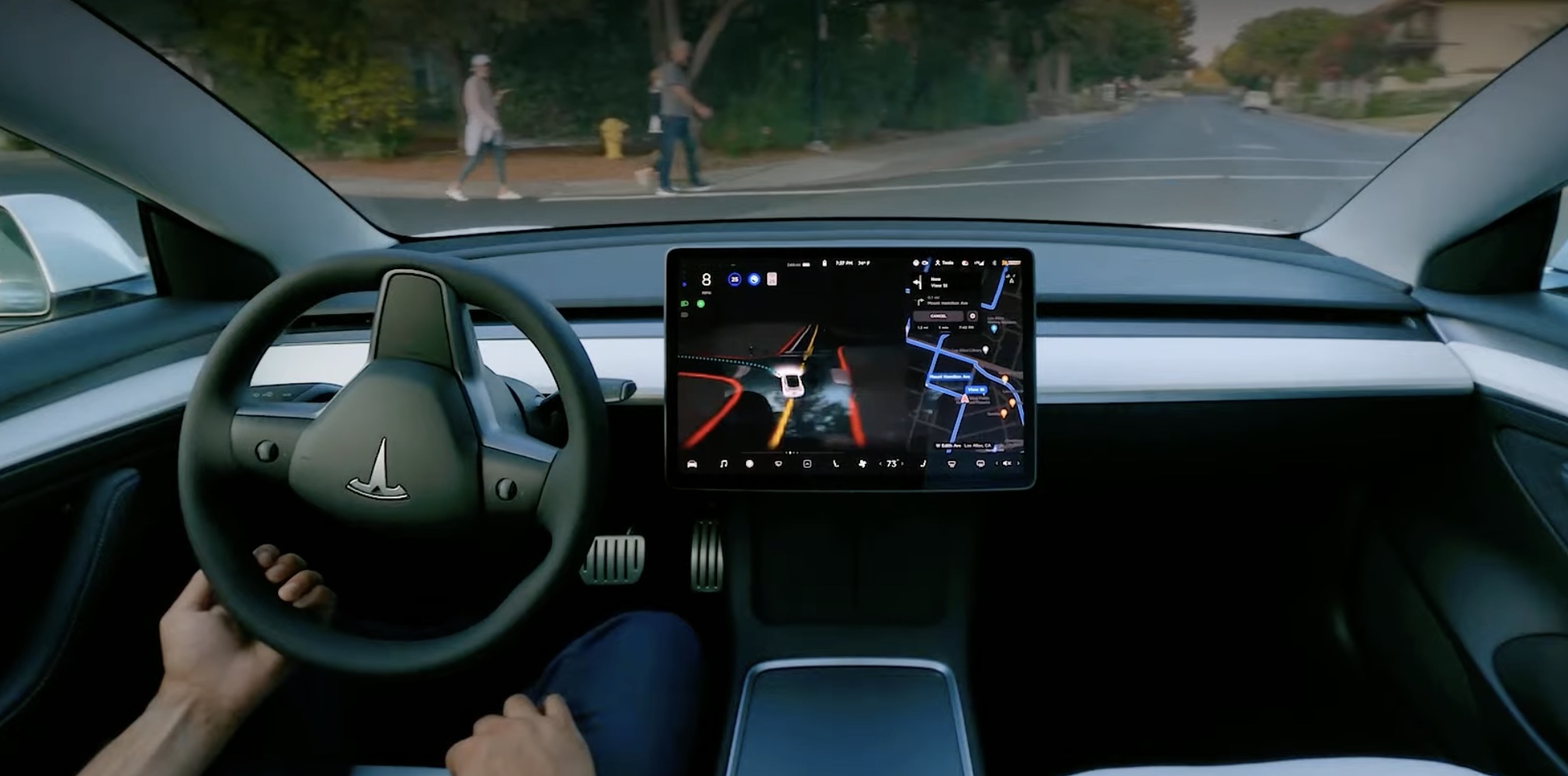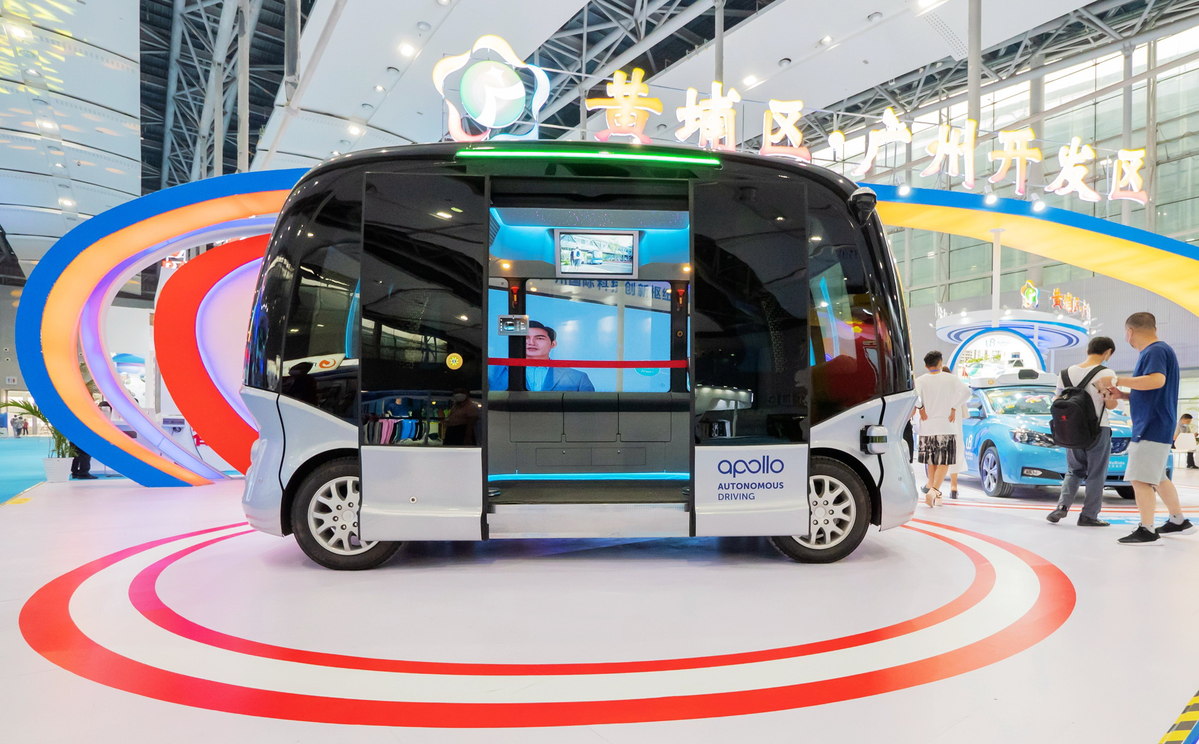China has approved a first batch of nine automakers to test advanced autonomous driving technologies on public roads to boost self-driving car adoption
Automobile manufacturers, including BYD and Nio, and significant state-owned manufacturers, including Changan Automobile, GAC, and SAIC, will conduct tests of so-called level three autonomous driving technologies, according to a statement released by the industry ministry on Tuesday.

Additionally, ride-hailing companies and other fleet operators will participate in the experiments.
The automotive industry has established five levels of autonomous driving, ranging from level one driver assistance features like cruise control to level five fully self-driving vehicles.
In November last year, China issued the nationwide scheme’s guidelines, instructing companies seeking to mass-produce fully autonomous driving vehicles to begin accepting applications.
The strategy entails removing the steering wheels from the hands of the drivers in the test vehicles; fleet operators and manufacturers are tasked with ensuring safety.
Without elaboration, the ministry stated that the demonstration would pave the way for commercializing more advanced autonomous driving technologies.
Executives from automakers noted that the industry was one step closer to permitting the sale and operation of level three vehicles by private customers and fleet operators.
It reveals that at least ten manufacturers and suppliers, including Xpeng and Huawei, have been offering level two autonomous driving capabilities in China, which still necessitate the presence of a human operator with both hands on the wheel.
Tesla is also preparing to distribute its “Full Self-Driving” (FSD) software to Chinese consumers within the following year. Elon Musk, the CEO of Tesla, has referred to FSD as “more fully autonomous vehicles” despite being a level-two system.




